Villa Kali Ma is a holistic treatment program dedicated to women. We address addiction, mental illness, and trauma, with a combination of Western clinical methods and ancient Eastern modalities.
At our core, Villa Kali Ma is a place where the complexity of women’s suffering is understood and gently unwound. In recognition that each woman is unique and irreplaceable, we endeavor to serve and heal using the best tools available.
One important part of our program is our comprehensive treatment approach for women with dual diagnoses.
What is Dual Diagnosis?
Dual diagnosis means having two mental health diagnoses at the same time. One diagnosis is a substance use disorder, such as alcoholism, and the other diagnosis is a mood disorder, such as anxiety or depression.
It is very common among people who have substance use disorders to also have a co-occurring mood disorder. The pain of the mood disorder is connected to why a person is driven to use substances in the first place.
It is always important to do a careful assessment for dual diagnosis because many mood disorder symptoms are caused, complicated, and masked by addiction. For example, depression, anxiety, and even psychosis can be caused by addiction to substances. Accurate assessment can only happen after all substances have left a person’s system, and withdrawal has been largely completed.
Mental health symptoms can be hidden or changed by the presence of substances in the body. A person can have a serious mental health condition and not realize it because drugs and alcohol are front and center, pulling focus from deeper topics.
Many people struggling with intense mental health difficulties self-medicate with drugs and alcohol. For such people, it is unrealistic to expect that they will be able to stay sober for very long if they don’t also get good help for their mental health situation at the same time.
To make things more complex, trauma is almost always a factor at play when it comes to women who are using substances. A mental health condition like depression, anxiety, or an eating disorder may itself be in place in response to chronic traumatization of the type sustained in adverse childhood events like abuse and neglect, or whenever sexual boundaries are violated.
Dual diagnosis is serious, with compound effects due to negative interactions between the two conditions. Mental health diagnoses make it harder to achieve and sustain progress toward healing addiction, and over time, substance addictions make any independently existing mental health problem worse.
All in all, the relationship between mental health and addiction is delicate and requires careful consideration.
The Most Common Dual Diagnoses among Women

Dual diagnosis is more prevalent among women than men. Women who have a dual diagnosis are especially impacted by gender and biological sex differences that affect both addiction and mental health.
Depression
For teenage girls, the most common diagnosis alongside substance use disorders is depression. Depression in teenage girls is connected with suicidal thoughts and self-harming behaviors such as substance abuse or eating disorders.
Anxiety
After the age of 18, the most common co-occurring mental health disorder in women with substance use disorders is anxiety. Anxiety frequently accompanies stress.
Feeling overwhelmed by daily responsibilities of life, such as managing work while caring for children, is a source of significant levels of stress for many women. Stress is one of the most commonly cited reasons for turning to substance use.
Anxiety may also be present due to traumatization – very often the real source of unease lies in an unresolved past experience of abuse, violation, or danger.
Trauma and Post Traumatic Stress Disorder
Women with substance use disorders are highly likely to have experienced childhood sexual abuse, sexual assault, and/or other kinds of traumatizing events, for which substance abuse is a coping mechanism.
An estimated two-thirds or more of women who enter treatment for substance abuse report having been the victim of sexual violence or mistreatment in some form. Childhood trauma of any kind, including neglect, is a strong predictor of substance abuse and addiction in adulthood.
Bipolar Disorder
Bipolar disorder is characterized by severe mood swings, cycling between mania and depression. Bipolar disorder is very painful, and people with the disorder often use mood-altering substances in an effort to gain a measure of control over their feelings and states of mind.
People with bipolar disorder often turn to different types of substances to cope with the two different poles of mood, for example using alcohol during mania and stimulants to help with depression.
Borderline Personality Disorder
A borderline personality disorder is a challenging condition that manifests as relational volatility, impulsivity, intense emotions, destructive relationships, and self-harm tendencies.
It is common for women with borderline personality disorder to struggle with substance abuse as part of a larger pattern of heightened sensation-seeking and self-destructive urges. Noteworthy is the theory that some trauma researchers have put forth, that borderline personality disorder is created through trauma.
Eating Disorders
Frequently, women with substance use disorders also struggle with healthy eating, body image, and weight. For some women, full blown eating disorders may co-exist or develop over time, sometimes only after getting sober, as a woman struggles to find new ways to cope with overwhelming emotions and thoughts.
What treatment options does Villa Kali Ma offer to assist women with co-occurring disorders?
At Villa Kali Ma, we specialize in helping women heal from three conditions: addiction, trauma, and mental illness. We are prepared to treat each of these three pieces as they emerge, in our comprehensive women-only treatment programs.
For women with dual diagnosis, mental health struggles and addiction are woven together, while trauma may or may not be a factor too. (In our experience treating women, it very often is, in one way or another.)
Our core program addressing addiction guides women through the transformational work of learning to live life without substances.
We address mental health with our intensive individual, group, and family therapies. Cognitive behavioral therapy and dialectical behavior therapy are examples of our clinical approaches for helping women heal psychological conditions like depression, anxiety, or borderline personality disorder.
We address trauma through cutting-edge treatments like EMDR, brain-spotting, somatic experiencing, and ketamine-assisted psychotherapy.
Women who go through our holistic program receive a tailored treatment experience that addresses their unique needs.
Villa Kali Ma offers a dual diagnosis program for women with addiction and mental health problems

Dual diagnosis is difficult to overcome since the pain of a mental health disorder tends to drive people deeper into substances, while the many nightmares of addiction make mental health problems worse. When addressed together in an appropriately supportive setting, however, it’s possible to heal both conditions at once.
Villa Kali Ma offers a comprehensive, holistic dual diagnosis program that also addresses trauma, which we know to be a complicating factor for most women who enter treatment for addiction and mental health problems. We have inpatient and outpatient offers. Throughout all of our programs, we bring the best of Western clinical approaches together with the healing insights of Eastern, natural practices for healing mind, body, and soul.
If you or a woman you love is struggling with a dual diagnosis, we’d love to help you if we can!

